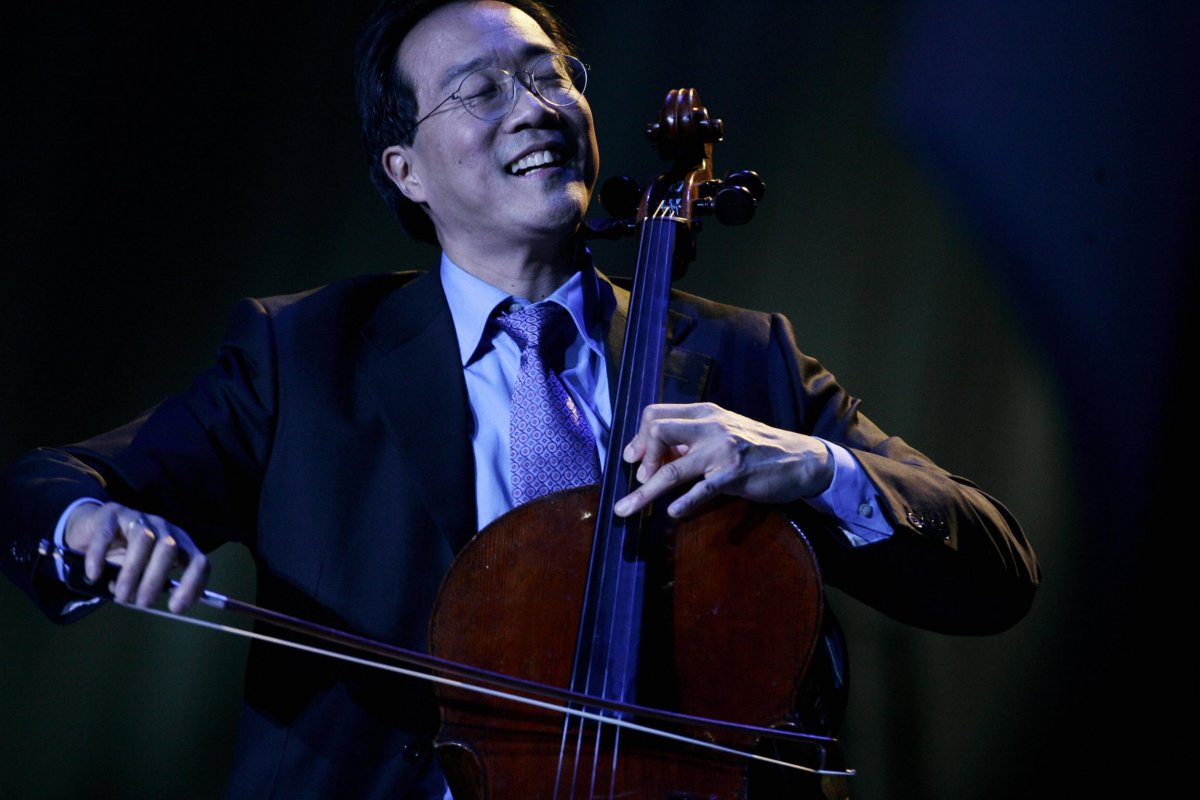
Most people don't expect artistic talent to come from a literal bolt of lightning. But that is, reportedly, what happened to Dr. Tony Cicoria, an orthopedic surgeon in 1994. Weeks after lightning struck a telephone booth where he was making a call, sending him flying backwards, he began to hear music in his head and developed an "insatiable desire" to listen to, then play the piano. He eventually became a composer and performer.
According to the BBC, Cicoria is far from the only known case of "sudden savant syndrome" or "acquired savant syndrome," in which severe physical trauma leaves surviving victims with new skills and orientations. While it seems like these changes come about due to very specific kinds of brain damage the question remains: how exactly do these accidents unlock skills in this seemingly small set of people?
The Wisconsin Medical Society describes several cases that suggest how brain damage can manifest itself in this surprising and benign way. A 1996 report describes three people who "became accomplished painters" after they developed frontotemporal dementia, in which the frontal and temporal of the lobes begin to degenerate. A later case in 1998 described several other newly emerged painters with the same disease.

In that last case, the researchers began to think that the damage done to the "anterior temporal and orbitorfrontal cortex" quieted the parts of the brain that normally inhibit or put the brakes on parts of the brain responsible for vision and perception. In the case of the late-in-life painters with dementia, that seemed like the best explanation.
While there are cases of sudden savant syndrome that don't involve frontotemporal dementia, The Wisconsin Medical Society makes the argument that the likely causes of it in other cases have a parallel. They suggest that sudden savant syndrome is brought about by damage in parts of the brain that normally act as a kind of check on the way information is filtered into a person's conscious experience. If that theory is correct, it would suggest that someone like Cicoria, whose skills are about sound, not sight, first heard music in his head because a mechanism meant to keep him anchored completely to reality began to ease up.
There are also a number of cases that describe people who have what's known as 'congenital savant syndrome' or just plain 'savant syndrome.' That condition describes people who have a condition like ASD (Autism Spectrum Disorder), and display exceptional skills in childhood. In The Man Who Mistook His Wife for a Hat the neurologist Oliver Sacks wrote about twin brothers he'd observed who could instantly count all 111 matches from a box that fell to the floor. They told him they could "[see] the 111."
For anyone who may be considering chasing lightning storms, it's worth noting that there is a relatively very small number of described cases of "sudden savant syndrome." The BBC also notes that many of these "sudden savants" worked extremely hard to improve their skills. The lightning strike left Cicoria with a hunger for piano music that drove him to throw himself into playing, starting practice on the piano at 4:00 A.M. before work and then again well into the night once he got home.
Uncommon Knowledge
Newsweek is committed to challenging conventional wisdom and finding connections in the search for common ground.
Newsweek is committed to challenging conventional wisdom and finding connections in the search for common ground.
About the writer
Joseph Frankel is a science and health writer at Newsweek. He has previously worked for The Atlantic and WNYC.
To read how Newsweek uses AI as a newsroom tool, Click here.








